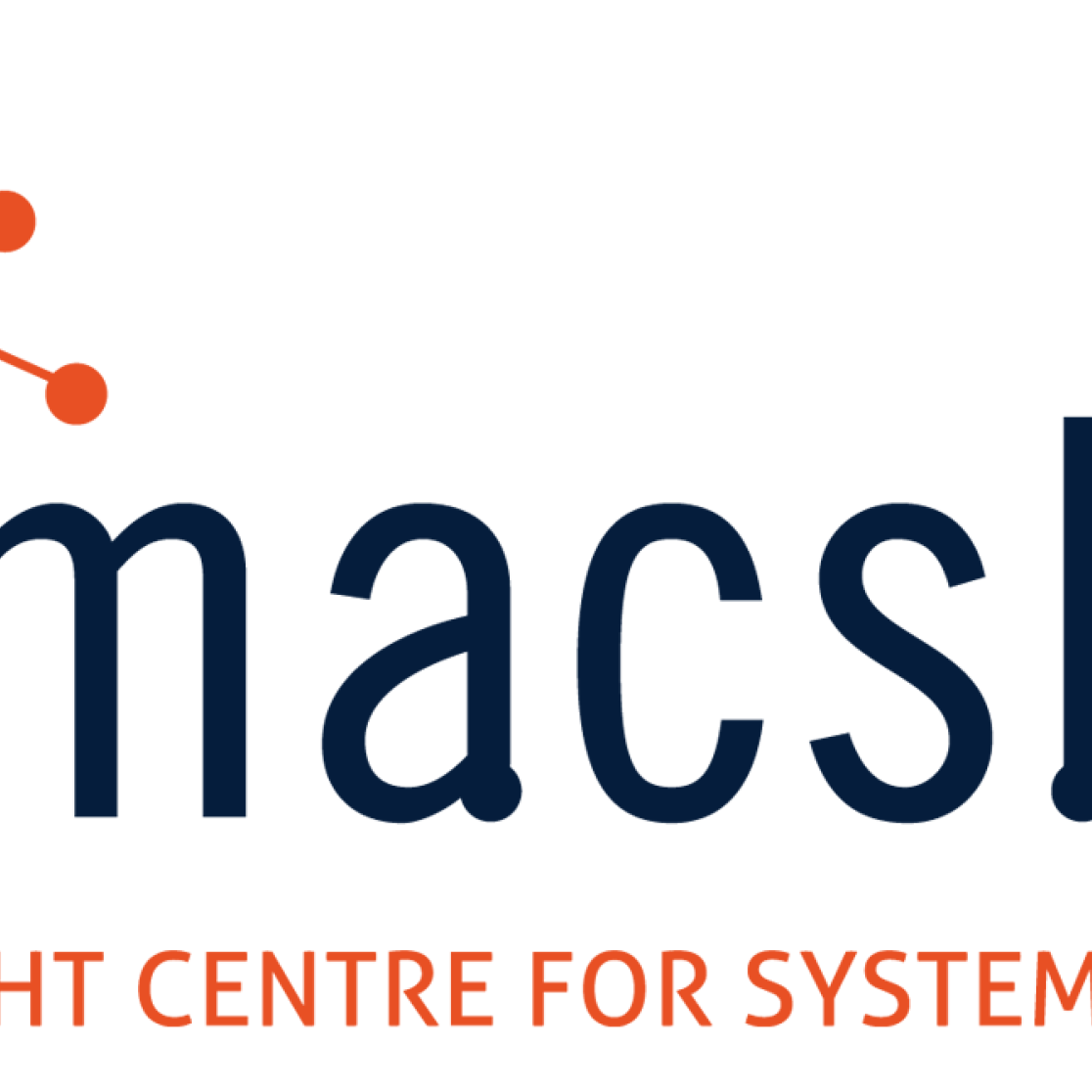Exciting cells on-a-chip: relevance for neurodevelopmental disorders
Dr. Monica Frega (Donders Institute for Brain, Cognition and Behaviour, Nijmegen) will present a lecture: 'Exciting cells on-a-chip: relevance for neurodevelopmental disorders' for the MaCSBio Lecture Series
Abstract
Neurodevelopmental disorders (NDDs), including intellectual disability (ID) and autism spectrum disorders, are phenotypically and genotypically heterogeneous. One increasing group of NDDs is caused by mutations in epigenetic regulators of gene expression. Recent studies have identified Euchromatin Histone Methyltransferase 1 (EHMT1) as a key modulator in cognition. Heterozygous loss of EHMT1 causes Kleefstra syndrome, which is characterized by moderate-to-severe ID, autistic behaviour, microcephaly and dysmorphic features. While the identification of disease genes has great benefits for diagnostic and prognostic purposes, for the vast majority of these genes there is little knowledge about neurobiological mechanisms that they control at the cellular and network level.
Here, we studied the effect of EHMT1-deficiency on neuronal activity in-vitro using neurons derived from Induced Pluripotent Stem Cells (iPSC). Using micro-electrode arrays (MEAs) technology and whole-cell patch-clamp recordings we characterized the electrophysiological activity of neuronal cultures derived from healthy subjects and Kleefstra patients on both network- and single-cell level in vitro. We show that neurons derived from Kleefstra patients iPSCs on MEAs exhibited different pattern of synchronous activity compared to control condition. In particular, we showed that EHMT1-deficiency induces an inappropriate network organization and irregular pattern of activity, indicating that EHMT1 is required for proper network organization.
About MaCSBio
MaCSBio is a joint initiative of the Faculty of Psychology and Neuroscience, Faculty of Health, Medicine and Life Science and the Faculty of Humanities and Sciences. To achieve scientific breakthroughs that could not be achieved in individual labs, the centre brings together the expertise of physicians, biologists, mathematicians and computer scientists.
MaCSBio aims to develop a set of computational and mathematical models, applicable in science and clinic, that will advance our understanding of biological systems, and predict progression and treatment of complex diseases over time.

The Maastricht Centre for Systems Biology (MaCSBio) was launched in 2015
Relevant links
Also read
-
Master’s Open Day
We hope to welcome you on campus at our next Master's Open Day and give you a good impression of what studying at Maastricht University is all about.
15 Nov